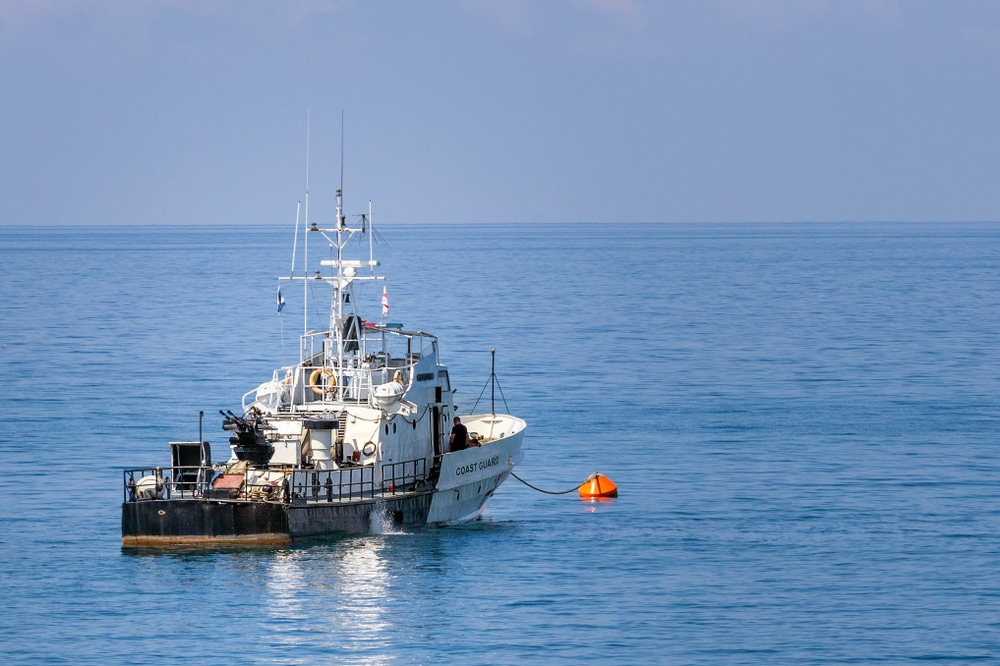5 Key Qualifications of Expert Maritime Attorneys
1. Admiralty Law Specialization: Extensive knowledge of federal maritime statutes, international maritime conventions, and specialized court procedures.
2. Industry Experience: Years of practice representing maritime workers, vessel owners, shipping companies, and offshore energy companies.
3. Trial Expertise: Proven track record in federal maritime courts with successful verdicts and settlements for complex cases.
4. Technical Understanding: Deep knowledge of maritime operations, vessel construction, safety regulations, and industry standards.
5. Network of Experts: Established relationships with maritime investigators, medical professionals, and industry specialists for comprehensive case support.



